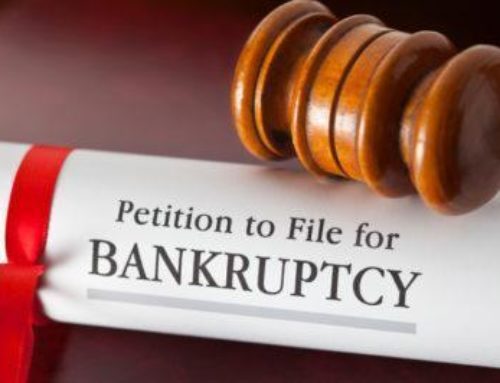 The goal of bankruptcy is to give debtors a financial “fresh start” from burdensome debts. Bankruptcy laws give debtors the ability to accomplish a fresh start by obtaining a bankruptcy discharge. The discharge releases debtors from personal liability from specific debts and prohibits creditors from ever taking any action against the debtor to collect those debts.
The goal of bankruptcy is to give debtors a financial “fresh start” from burdensome debts. Bankruptcy laws give debtors the ability to accomplish a fresh start by obtaining a bankruptcy discharge. The discharge releases debtors from personal liability from specific debts and prohibits creditors from ever taking any action against the debtor to collect those debts.
In seeking a discharge, the chapter 13 bankruptcy process can be strenuous. An attorney is necessary to guide you. Chapter 13 procedures are governed by the Federal Rules of Bankruptcy Procedure, which are known to most people as Bankruptcy Rules. The majority of the bankruptcy process is conducted through the Chapter 13 Bankruptcy Trustee.
The Trustee
Administrative processes are carried out by a trustee who is appointed to oversee the case. Given the amount of administration required, the paperwork can be overwhelming. Normally, a fifty page Petition and Schedules must be prepared in order to launch the process. Prior to filing, you are required to go through a $30 online credit counseling session.
Preparing The Petition and Plan
Within 30 days of filing the petition, you must submit your first Chapter 13 Plan Payment. Your attorney should help you arrange the proper documentation and plan in order to prepare for the creditors meeting. The trustee, assigned to your case by the court, will review your proposed plan and explain the issues raised by that Plan that will need to be addressed prior to confirmation of the Plan.
Court Involvement
Roughly a month after the creditors meeting, your attorney will be required to attend a confirmation hearing in the bankruptcy court. You will not need to attend the hearing.
At the confirmation hearing, the bankruptcy judge decides whether to approve your plan or not. If a problem is found with your plan, the judge can reschedule the confirmation hearing to allow your attorney time to file a new plan. If the second hearing doesn’t result in approval, the judge has three options: 1. you may have a second chance to amend the plan, 2. your case can be dismissed, or 3. you might convert your case to a Chapter 7 bankruptcy.
After Court: The Repayment Plan
Upon approval you will continue to make your monthly payments to the Chapter 13 trustee. Making payments isn’t always easy. A layoff, medical emergency, or divorce can be enough to cause a delay in payments. If your income or expenses severely change, you may need to have your plan modified to allow for a payment that better reflects your changed financial circumstances. If things really go awry, you may qualify to have your case converted to a Chapter 7 bankruptcy or, under certain circumstances, you may simply apply for a hardship discharge.
The key to following through with a Chapter 13 repayment plan is keeping in touch with your attorney. A good attorney will help you modify your plan as necessary and take some of the strain out of the process.










